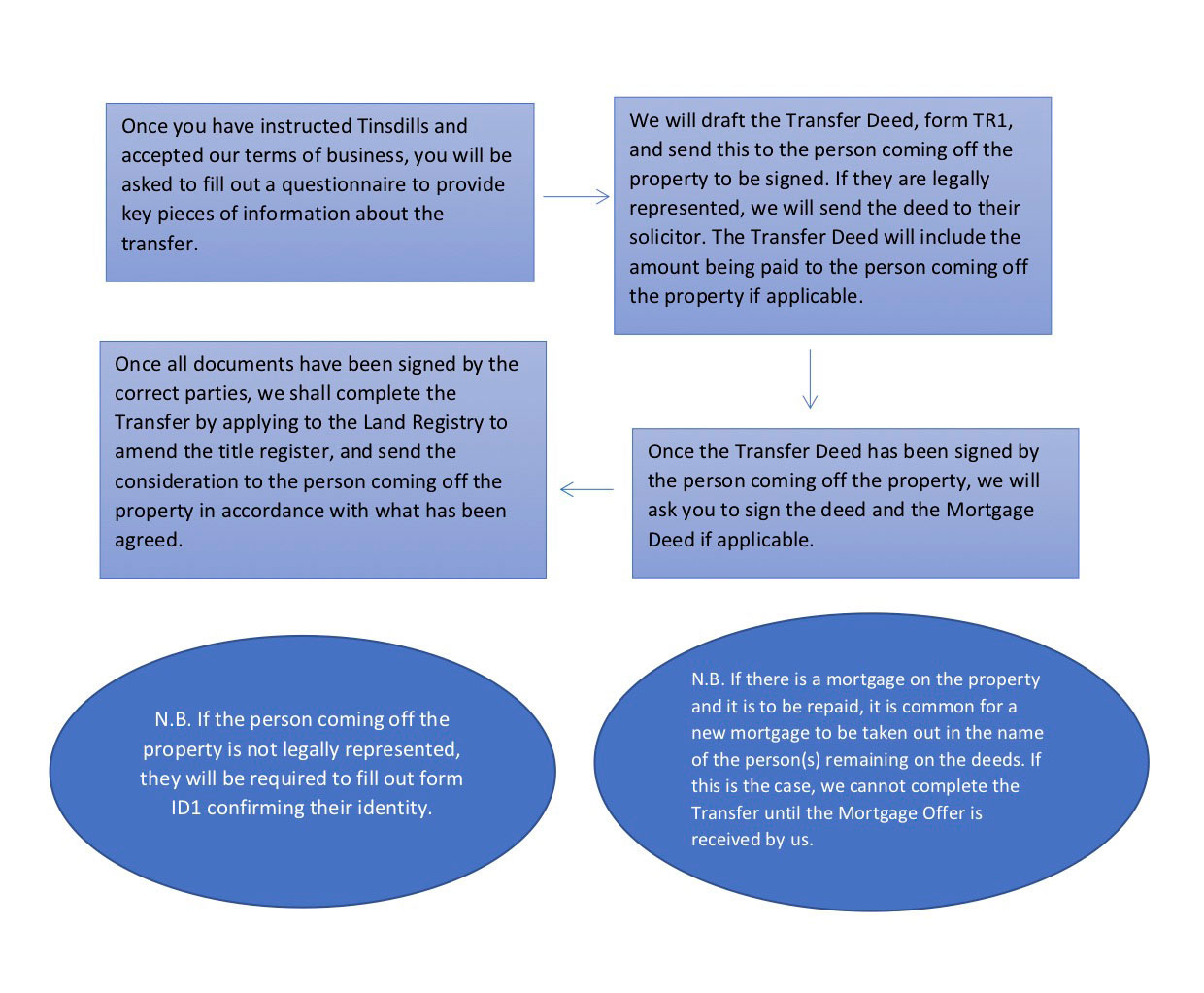A Guide to Lasting Powers of Attorney
Leave a Comment[vc_row][vc_column][vc_column_text]We all hope to live out our days in relatively good health and independence. However, we also know that this isn’t guaranteed. If you become incapable of managing your own affairs due to ill health, you need to ensure that you have appointed somebody trustworthy to manage your affairs on your behalf. This Lasting Power of Attorney guide will help you towards doing exactly that.
It is always preferable that you decide who makes decisions for you in the event that you become incapable to make those decisions yourself later down the line. This is known as creating Lasting Powers of Attorney (LPA).
What is a Lasting Power of Attorney?
A Lasting Power of Attorney (LPA) is a document by which you can give another person or persons the authority to act/make decisions on your behalf if you are no longer able to do so.
What are the different types of LPA?
There are two types of LPA, one for property and financial affairs, and another for health and welfare. You can create an LPA for either one or both of these categories.
Property and Financial Matters: this type of LPA allows your Attorney(s) to deal with your financial affairs including decisions on:
- Buying or selling property
- Property management
- Opening and closing bank accounts and investments
- Receiving your income to use on your behalf
- Paying your bills (including income tax)
- Making investment decisions
Health and Welfare: this type of LPA allows your Attorney(s) to make decisions on your behalf about your health and welfare including:
- Your day-to-day care, including diet and dress
- Who you have contact with
- Consenting to, or refusing, medical treatment
- Assessments for the provision of care
- Participation in social or leisure activities
How to make an LPA
Making an LPA is relatively straightforward, as each type of LPA is made using a specific form. The form itself is simple to fill out, but before you complete the form it is imperative that you have taken the time to carefully consider the following:
- Who you wish to act as your Attorneys
- Do you want to specify any guidance or instructions about how your Attorneys act for you?
- If appointing more than one Attorney, how will decisions be made?
- Do you wish to appoint replacement Attorneys in case one or more of your Attorneys can’t act for you?
- People you wish to notify before your LPA is registered
- Who will act as your Certificate Provider (an impartial person who is qualified to provide a certificate for the LPA)
Finally, once you have carefully considered the above, your LPA must be correctly signed and witnessed by all parties and then registered at the Office of the Public Guardian before your Attorneys can use it.
Who to appoint as Attorneys
An Attorney should be someone who is trustworthy, competent and reliable and they should have the skills to carry out the necessary tasks.
Attorneys can be appointed to act on their own, jointly with other Attorneys, or jointly and separately with other Attorneys (which means that they can act both independently or together). Attorneys can also be appointed jointly for some matters, as well as jointly and separately for others.
If you appoint more than one Attorney then you will need to think about their ability to work together, and also practical considerations like where the Attorneys live and how they are able to deal with the practical side of making decisions and managing your affairs.
If our Lasting Power of Attorney Guide has not answered all of your questions, feel free to give us a call on 01782 652300 or email lawyers@tinsdills.co.uk today.[/vc_column_text][/vc_column][/vc_row]




